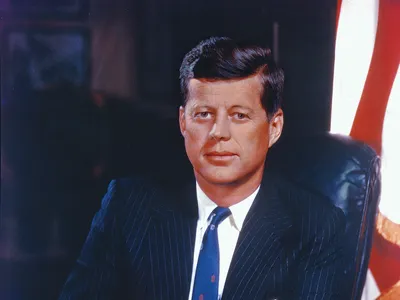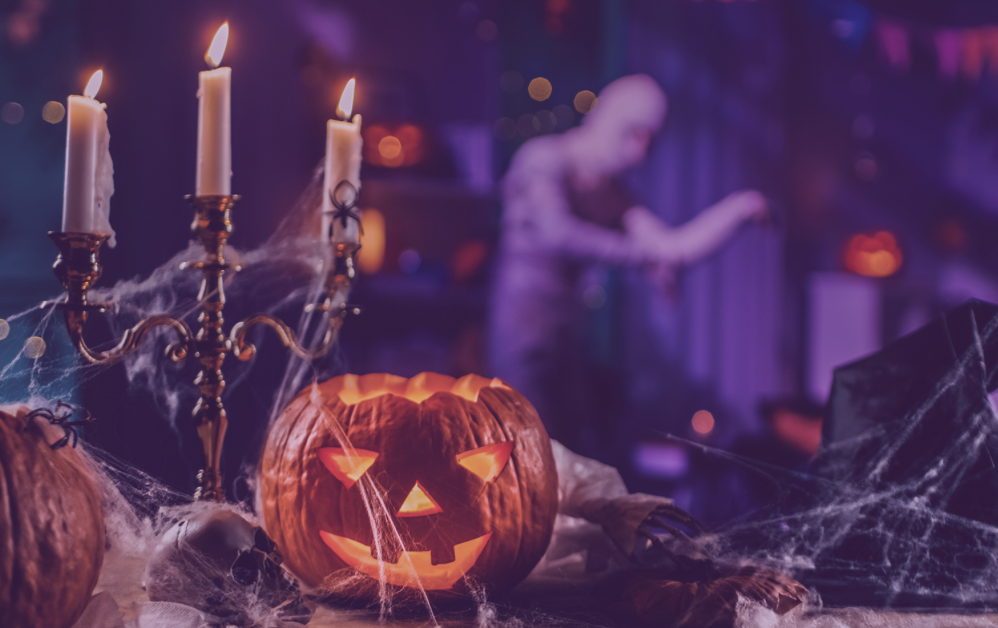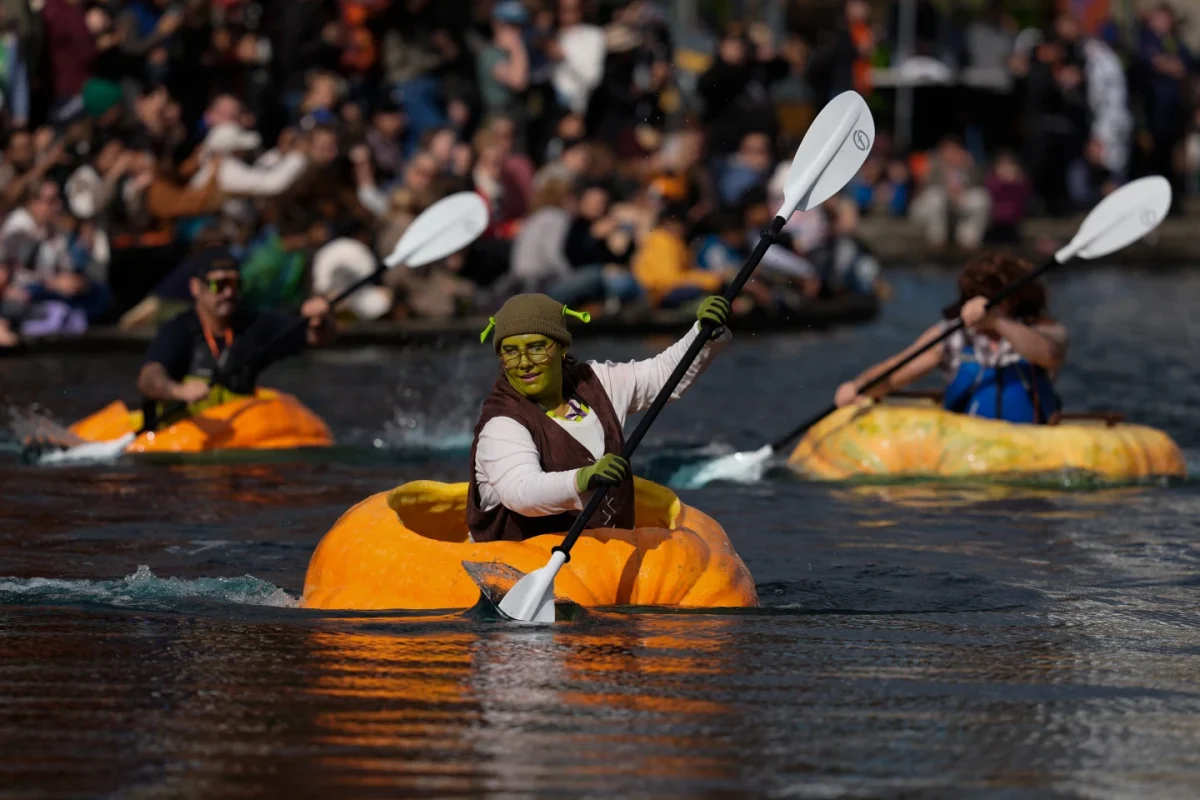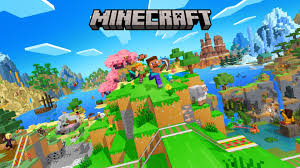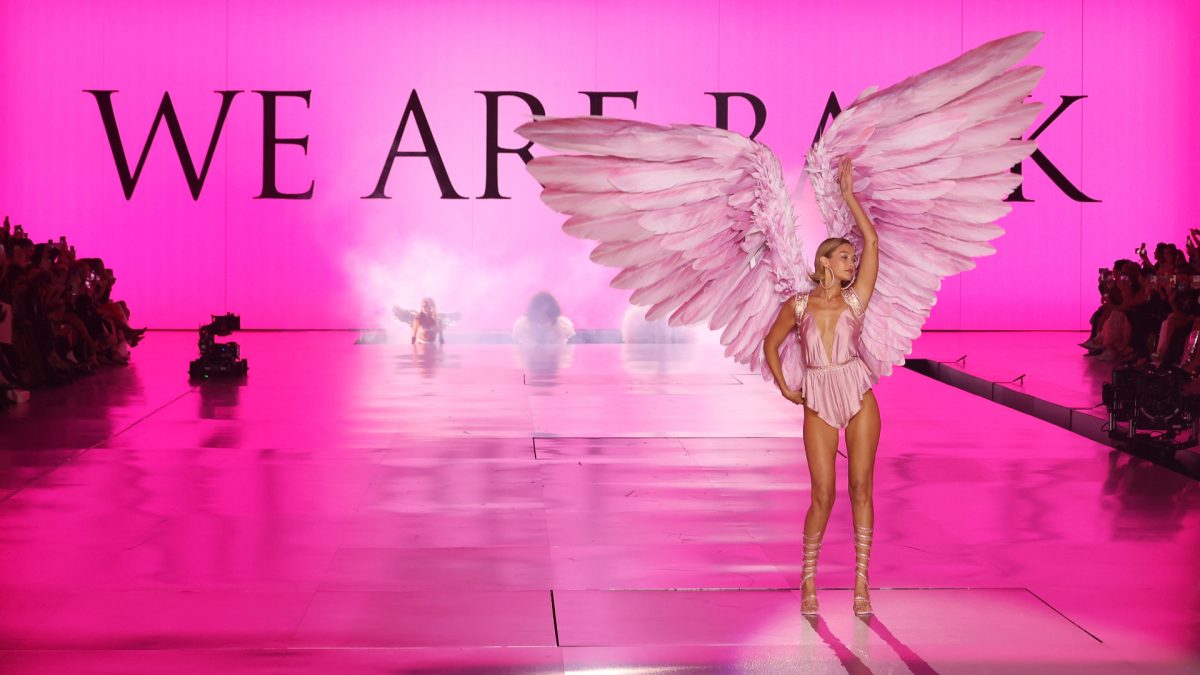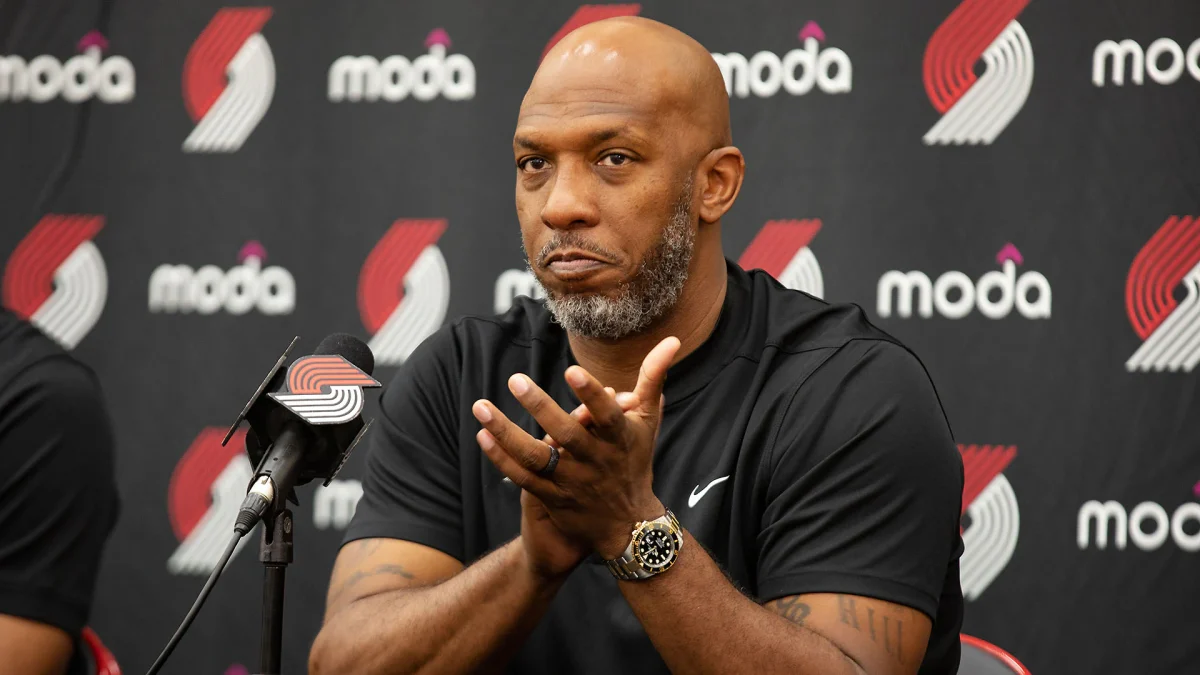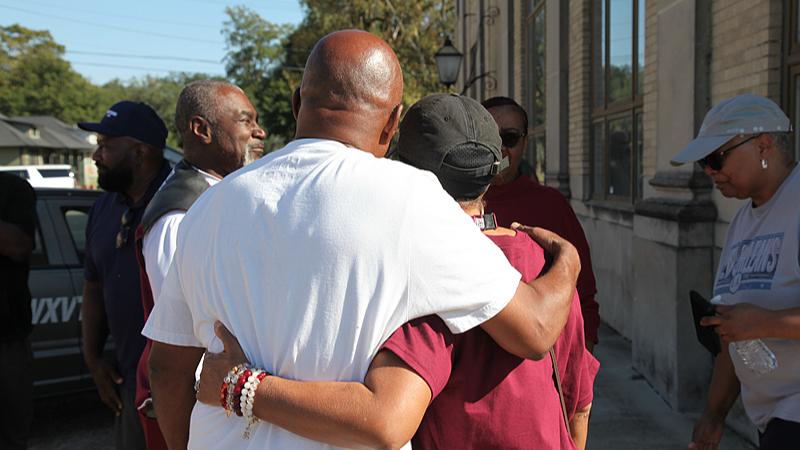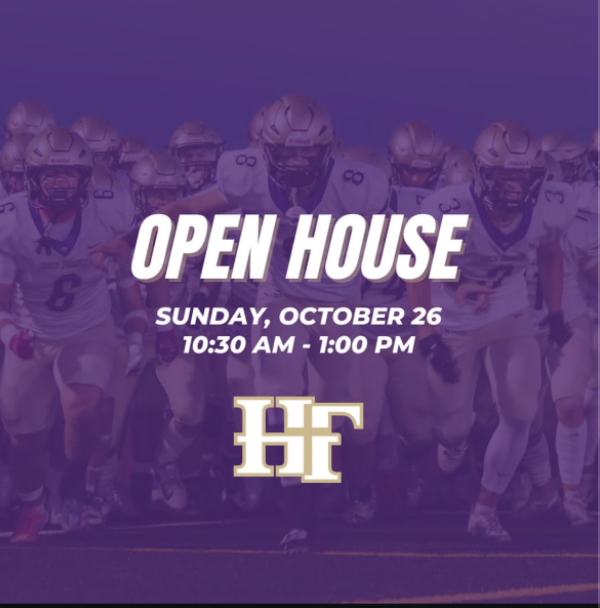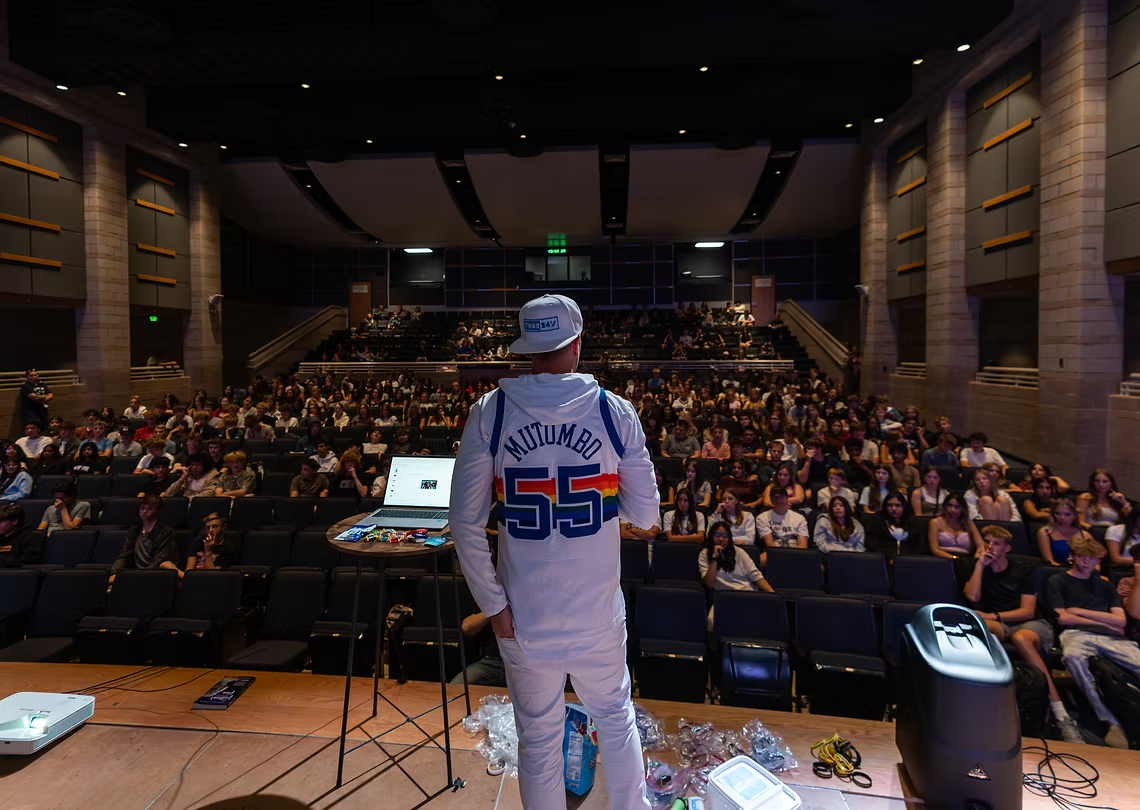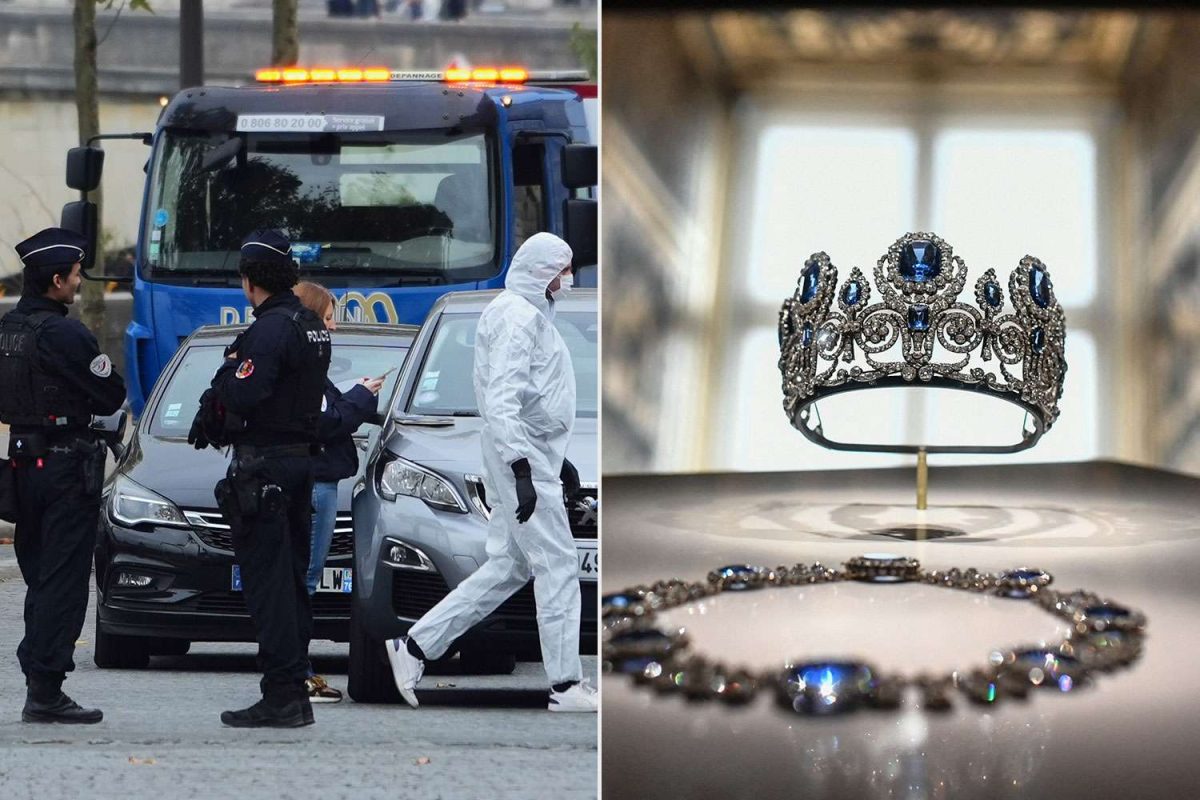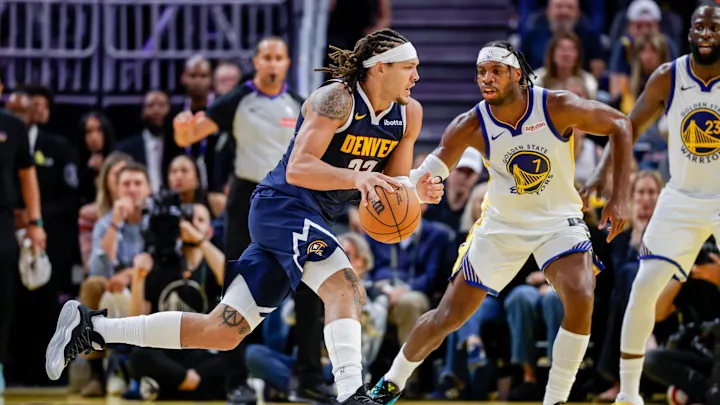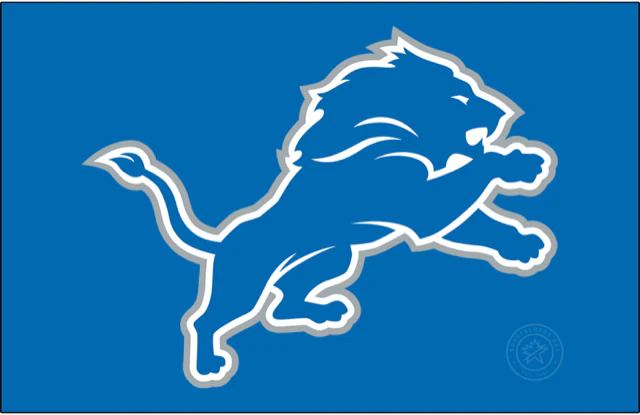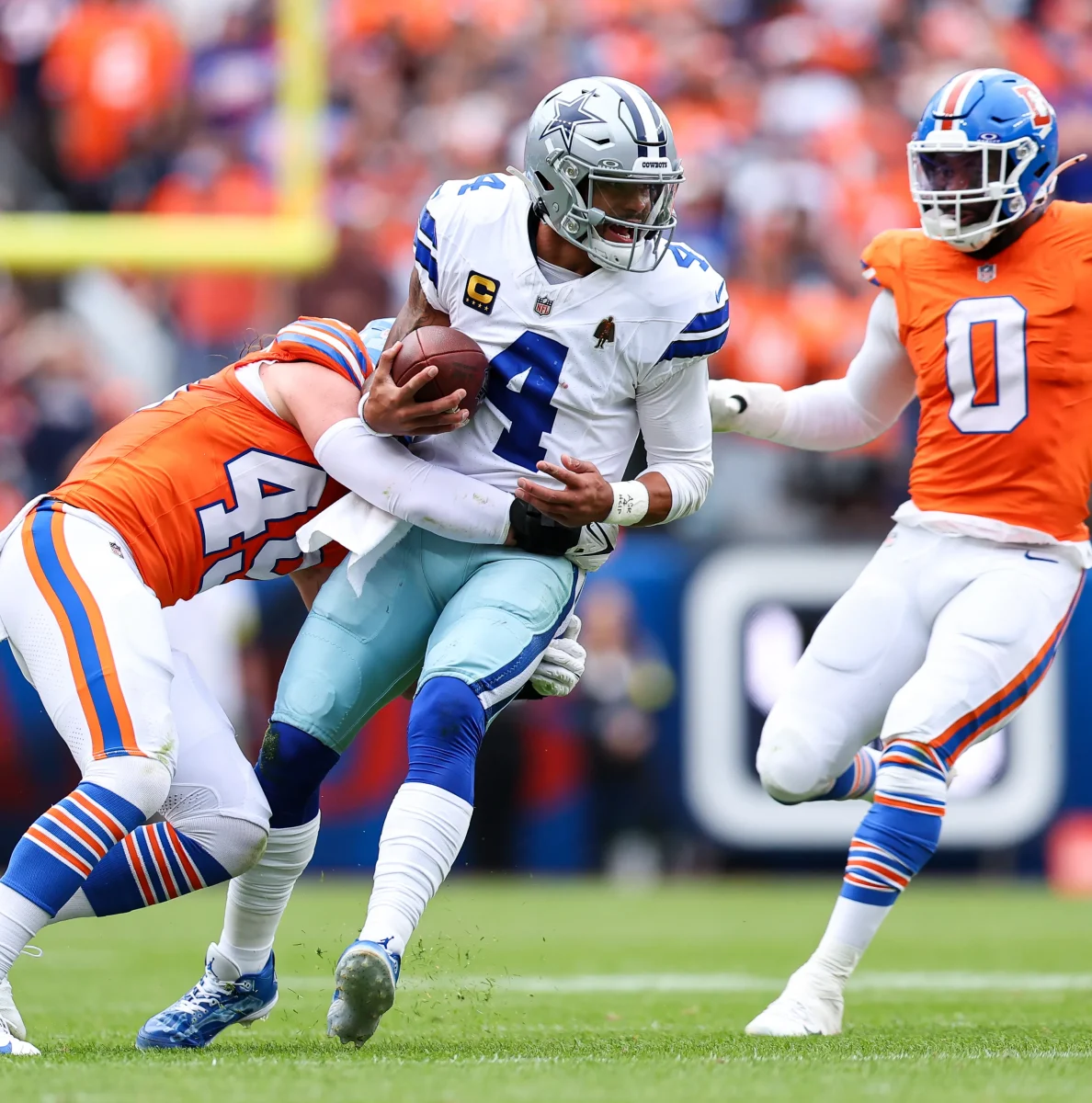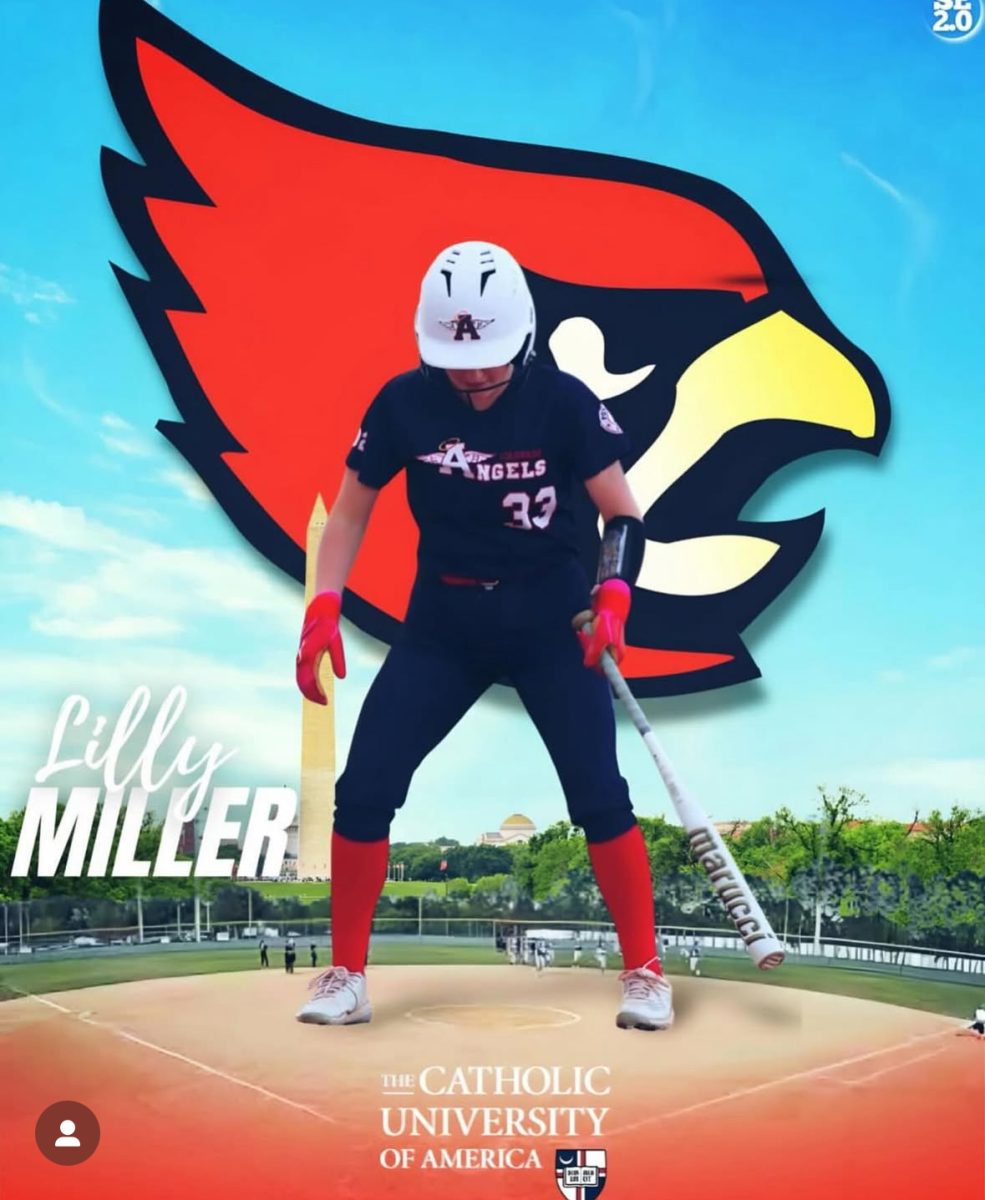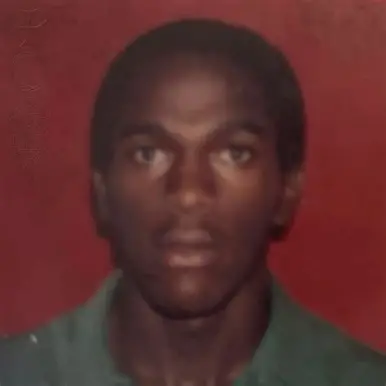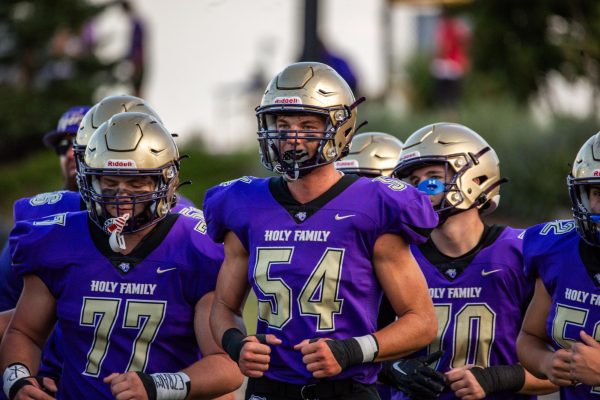Throughout my high school years, I have found and attempted to understand the difficulties of the media. A main event that has to do with the media is the assassination of President John F. Kennedy. This event exposed both the strengths and weaknesses of the media, as they came up with how to cover this event as they went, bringing in cameras that weigh hundreds of pounds from television productions, and delving into various historical accounts, articles, and books as well as the Zapruder film that caught the occurrence on film, I have come to appreciate the critical role that media plays in shaping public perception and its potential for both trustworthy and faulty information.
The assassination of JFK was one of the most important events in American history, and the media’s response to it was a defining experience. The book “The Day Kennedy Was Shot” by Jim Bishop gives an account of November 22, 1963, and how the media went about covering such an eventful and tragic event. Reading this book helped me understand how unprepared the press was for such an immense event. Reporters and news anchors were forced to deliver information with little to no preparation, relying on limited and often conflicting sources. According to my history teacher Mr. Brothers, “The media was flying by the seat of their pants”. This approach resulted in a mix of accurate reporting and misinformation, highlighting the challenges of real-time news coverage, especially at this time.
One striking example of the media’s unpreparedness was the initial confusion about the identity of the assassin. Multiple suspects were reported in the early hours following the shooting leading to mass confusion and panic throughout the country. One of the most trusted reporters at that time, Walter Cronkite, had to figure it out and sift through the information, trying to provide updates as they came in. Cronkite’s emotional announcement of President Kennedy’s death remains one of the most iconic moments in television history. This event showed how important it was for reporters to confirm the information they got before putting it in front of people around the world.
During my high school years, I also learned about the role of the media during 9/11, another event in American history that caught the United States off guard. The comparisons between both JFK and 9/11 are staggering. Both were unexpected events that placed the media in a position to act fast and get the information out as fast as possible. But by 2001, technology had greatly enhanced the capacity of the media to cover live events. The 24-hour news cycle, satellite communication, and cameras that didn’t weigh hundreds of pounds, combined with the internet, allowed for far more extensive and immediate coverage. But even with those advancements, the media still had to deal with the issues of getting misinformation and striking a balance between reporting the news and respecting the lives of those who were affected or influenced by the event.
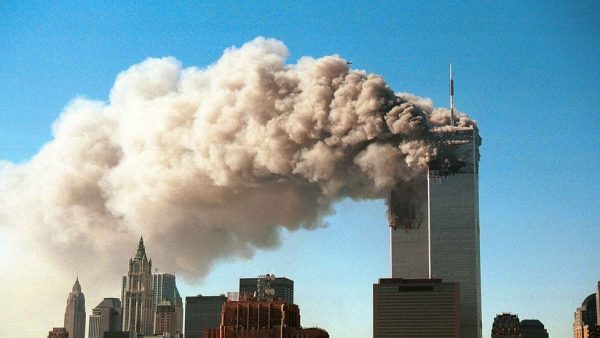 The evolution of the media from the assassination of JFK to 9/11 shows both the problems and promises of the media. Among the biggest problems is that misinformation could propagate. When they rush to be the first to break a news story, the accuracy of the news they bring you may be limited. This was evident immediately following both JFK’s assassination and 9/11, where the first reports of the events were so bad that by the time they were corrected, it was too late, the rumors had spread, creating an immense amount of confusion and mistrust with the media.
The evolution of the media from the assassination of JFK to 9/11 shows both the problems and promises of the media. Among the biggest problems is that misinformation could propagate. When they rush to be the first to break a news story, the accuracy of the news they bring you may be limited. This was evident immediately following both JFK’s assassination and 9/11, where the first reports of the events were so bad that by the time they were corrected, it was too late, the rumors had spread, creating an immense amount of confusion and mistrust with the media.
On the other hand, the promise of the media lies in its ability to inform, educate, and bring people together. In times of crisis, the media acts as a source of information and comfort. The coverage of JFK’s assassination and 9/11 brought a sense of togetherness, and the nation shared an experience. It showed the power of the media in bringing people together, even in the toughest of times.
Reading “The Day Kennedy Was Shot” and researching countless historical accounts about 9/11 have prepared me to understand more the role of the media in society, simply because it can either be good or bad, depending on how a person uses it. I will indeed be a much wiser and responsible consumer of media as I go on from here with all my academic and professional pursuits. I have learned how important it is to develop critical thinking, to question and verify information before accepting it as a truth. Lessons drawn from these historical events helped to shape my view of the potential harm and good that media can be.
In conclusion, my high school years have been marked by a deep examination of the role of the media in society concerning the assassination of JFK and the events of 9/11. These have provided excellent insights into the challenges and responsibilities of news coverage. Through my readings and studies, I have developed a new and different perspective on the problems and promises of the media. This understanding will guide me as I continue my academic journey and seek to contribute to a more informed and responsible media landscape.
